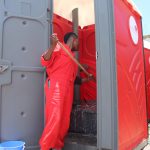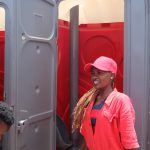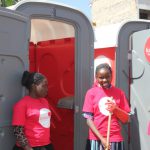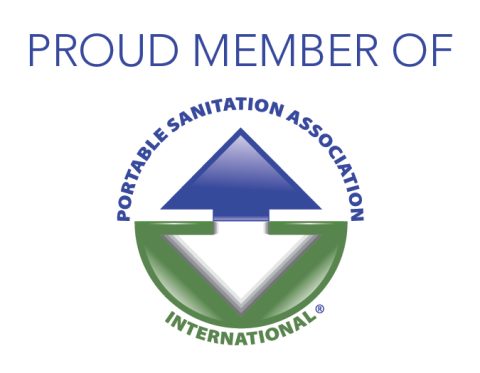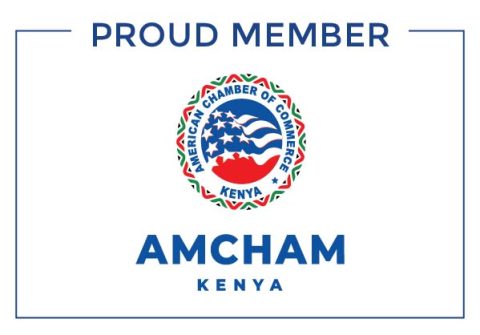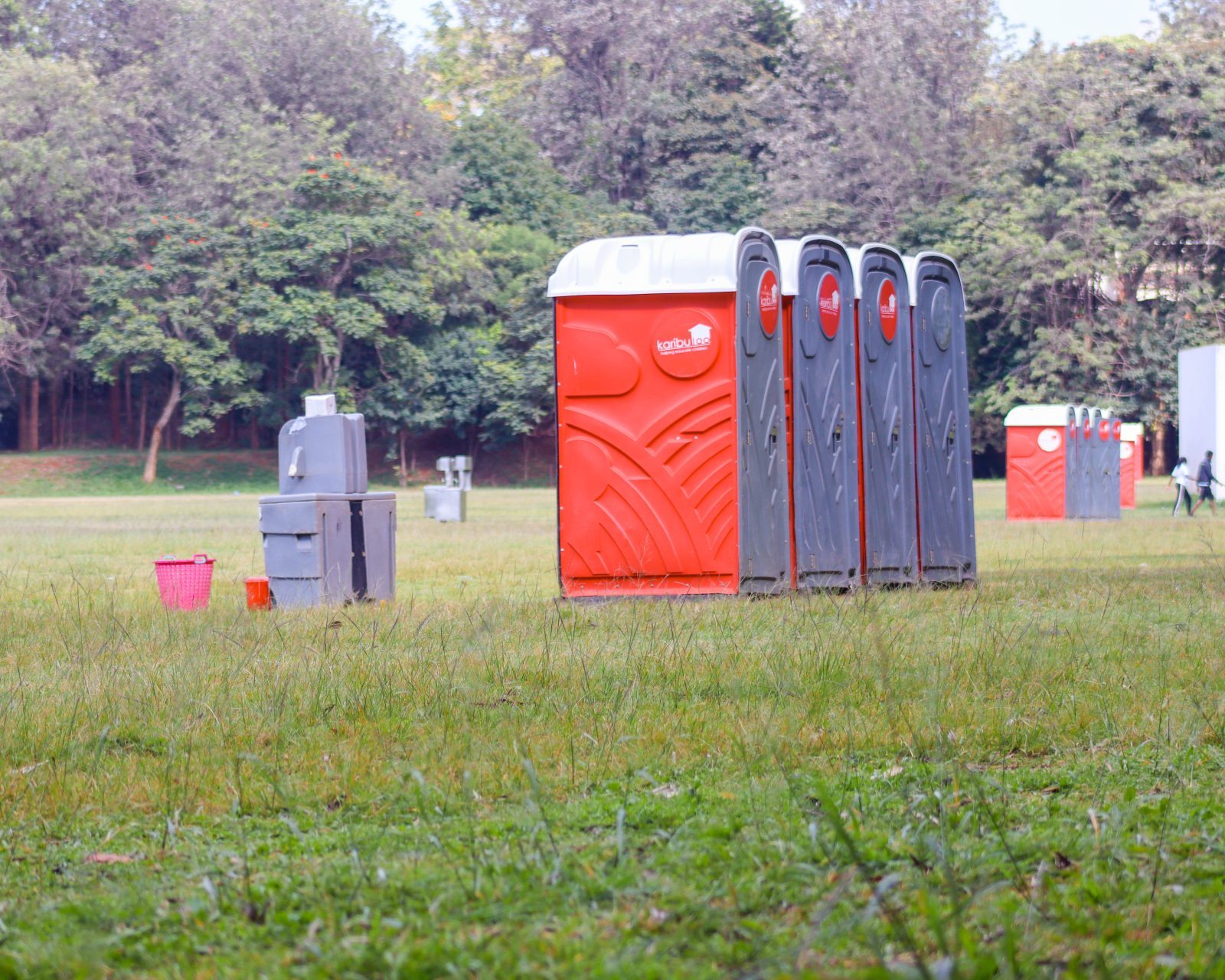
Portable toilets, those humble yet essential structures that dot event venues, construction sites, and outdoor gatherings, often go unnoticed until we need them. But behind their unassuming exteriors lies a critical aspect that ensures our well-being: health and safety regulations. Let’s delve into why these regulations matter and how they strike a balance between convenience and public health.
1. The Basics: What Are Portable Toilets?
Before we dive into regulations, let’s understand what portable toilets are. These compact, self-contained units provide a convenient solution for human waste disposal in areas where permanent sanitation facilities are absent or impractical. Whether it’s a music festival, a marathon, or a construction site, portable toilets serve a vital purpose.
2. The Need for Regulations
a. Preventing Health Hazards
Portable toilets can become breeding grounds for bacteria, viruses, and unpleasant odors if not properly maintained. Health regulations ensure that these facilities are regularly cleaned, disinfected, and serviced. Imagine attending an outdoor event where portable toilets are neglected—unhygienic conditions could lead to the spread of diseases.
b. Proper Placement and Accessibility
Regulations dictate where portable toilets can be placed. They consider factors like crowd density, accessibility, and proximity to food vendors. Ensuring that toilets are strategically located prevents congestion and promotes ease of use. Additionally, guidelines address accessibility for people with disabilities, ensuring that everyone has equal access to sanitation facilities.
c. Waste Disposal and Treatment
What happens to the waste collected in portable toilets? Regulations outline proper disposal methods. Some units use chemicals to break down waste, while others rely on composting. Compliance with waste treatment guidelines minimizes environmental impact and protects groundwater quality.
3. Key Components of Health and Safety Regulations
a. Cleaning and Maintenance Schedules
Regulations specify how often portable toilets must be cleaned and serviced. Rental companies follow these schedules diligently to maintain optimal hygiene. Regular cleaning includes emptying waste tanks, replenishing supplies (like toilet paper and hand sanitiser), and deodorizing the units.
b. Ventilation and Odor Control
Proper ventilation prevents foul odors and ensures a pleasant experience for users. Regulations mandate ventilation systems that promote airflow while containing odors. After all, no one wants to hold their breath while using a portable toilet!
c. Handwashing Stations
Health regulations emphasize the importance of hand hygiene. Portable toilets must have handwashing stations with soap and water or hand sanitizer. Clean hands reduce the risk of disease transmission.
d. Emergency Preparedness
Regulations address emergency situations. What if a portable toilet tips over during a storm? Rental companies must have contingency plans to handle such incidents promptly. Safety protocols ensure that users are protected even in unexpected scenarios.
4. Balancing Convenience and Compliance
While regulations are essential, striking a balance is crucial. Excessive restrictions could discourage event organizers from providing portable toilets, leading to inadequate sanitation. On the other hand, lax enforcement compromises public health. Collaborative efforts among rental companies, event organizers, and local authorities ensure that regulations are practical and effective.
5. Conclusion
Next time you step into a portable toilet, remember that health and safety regulations silently work behind the scenes. These unassuming structures play a significant role in maintaining public health, and adherence to regulations ensures that we can answer nature’s call without worry.
So, the next time you attend an outdoor event, take a moment to appreciate the well-maintained portable toilets—the unsung heroes of sanitation!

